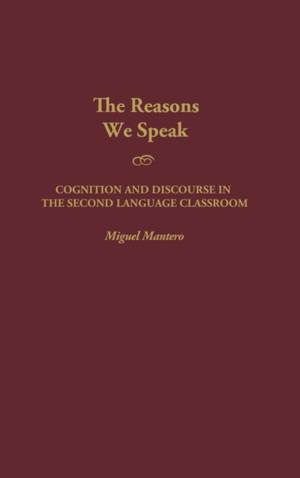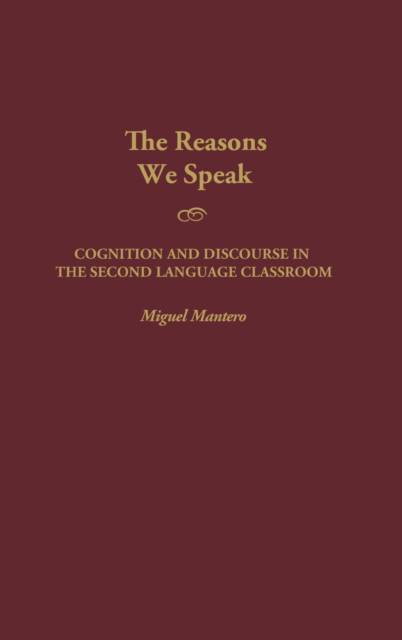
- Retrait gratuit dans votre magasin Club
- 7.000.000 titres dans notre catalogue
- Payer en toute sécurité
- Toujours un magasin près de chez vous
- Retrait gratuit dans votre magasin Club
- 7.000.0000 titres dans notre catalogue
- Payer en toute sécurité
- Toujours un magasin près de chez vous
81,45 €
+ 162 points
Description
The role of cognition in a literature-based foreign language classroom is investigated and explained here. By implementing a sociocultural approach, cognition is understood as the basic building block for all human learning and language development. This study incorporates various understandings and views from reader-response theory, literary theory, and discourse analysis in order to support the conclusions reached through authentic classroom discourse analysis.
Along with clarifying current trends in second language acquisition theory, this text also offers the classroom teacher practical suggestions on how to aproach and evaluate classroom talk that is based on literature or authentic readings. The book also contains new approaches and views on the roles of reader-response theory in the language classroom that are also reflected in a contemporary literary theory that has been developed espcially with second language readers and learners in mind. The author challenges the current view of scaffolding as demonstrated in the data analysis and offers a more realistic interpretation of what may actually be taking place in the language classrooms under the guise of scaffolding. The role of opportunities to enter into discourse becomes central to the main argument and is exemplified through actual classroom transcripts.Spécifications
Parties prenantes
- Auteur(s) :
- Editeur:
Contenu
- Nombre de pages :
- 184
- Langue:
- Anglais
- Collection :
Caractéristiques
- EAN:
- 9780897899055
- Date de parution :
- 30-10-02
- Format:
- Livre relié
- Format numérique:
- Genaaid
- Dimensions :
- 161 mm x 242 mm
- Poids :
- 412 g

Les avis
Nous publions uniquement les avis qui respectent les conditions requises. Consultez nos conditions pour les avis.






